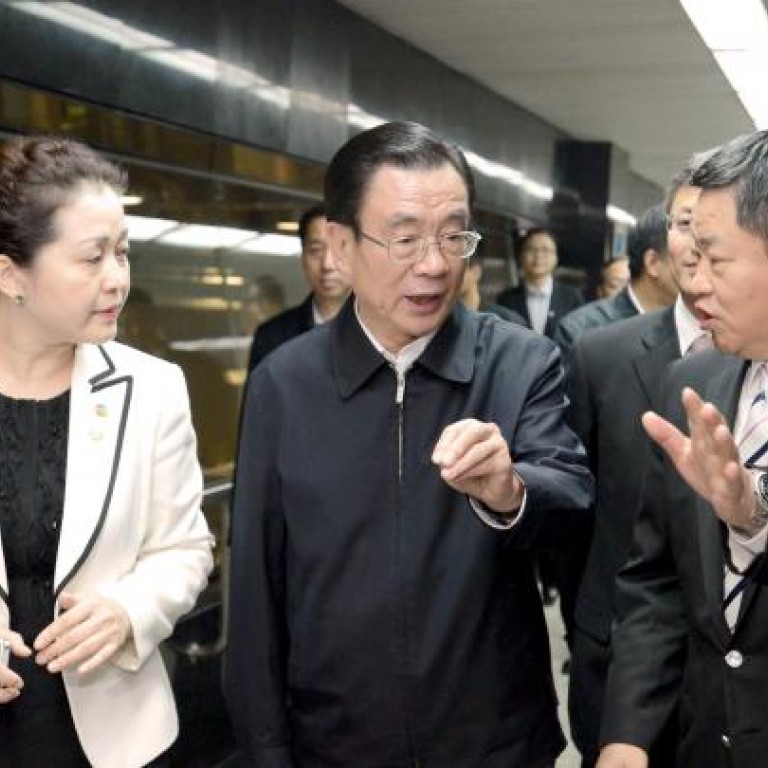
Beijing's candour on corruption
Richard Halloran is surprised by Beijing's uncharacteristic candour
The Chinese Communist Party usually goes to great lengths to cover up events or trends they think will challenge their rule. But every now and then they surprise the world with their candour.
Take corruption: the party recently disclosed that 660,000 officials had been punished for corruption over the past five years. He Guoqiang, head of the party's Central Commission for Discipline Inspection, called investigating corruption cases a "long-term task in the process of building a clean government".
The most prominent of the recent cases of corruption has been that of Bo Xilai, the former party chief of Chongqing , who was dismissed for alleged abuse of power. But the discipline commission chief also pointed out that a railways minister and the mayor of Shenzhen had been fired.
He's disclosure did not specify the forms of corruption, but anecdotal evidence suggests that bribery and embezzlement were commonplace. Local party officials have long been accused of seizing land and property for their personal gain.
To put it in perspective, the 660,000 punished bureaucrats comprise but a fraction of China's millions of government employees - at the national, regional and local levels. The officials who were penalised evidently broke a tradition dating back at least to the Han dynasty 22 centuries ago when the mandarins who peopled government positions at every level were among the best educated and most respected men in the land.
He, who is a member of the Politburo Standing Committee, said earlier that a five-year anti-corruption campaign would be launched by the party congress scheduled to meet in Beijing next month. "A sound system for punishing and curbing corruption is an important guarantee for the nation's development," He said.
In another anti-corruption plea, He recently visited major mainland publications to encourage editorial staff to make greater contributions to public education against corruption. He told them anti-graft education was fundamental to the party's endeavour to build a clean government.
The Chinese corruption that perhaps most concerns foreign investors is the theft of intellectual property such as patented processes. Especially worrisome is the failure of the Chinese government to enforce regulations intended to safeguard intellectual property.
The Economist Intelligence Unit says in a report that "uncertainty over China's protection of intellectual property and shifting Chinese priorities and policies can undermine deals with Chinese enterprises".
Still another form of corruption - according to the Data Centre of China Internet, a professional internet survey organisation - has internet users getting less speed on their downloads from the internet than that for which they have paid. Some 538 million Chinese citizens have access to the internet via smartphones and computers.
"Increasing numbers of internet users in China shelling out for faster broadband are complaining that they're not getting what they paid for," says a report in the .
"Over half of Chinese internet users are hindered by 'fake broadband', or slower download speed than advertised by internet providers."
Along the same lines as the anti-corruption moves, the Chinese government has issued a white paper on judicial reform. Among its provisions was a prohibition against obtaining confessions through torture, another intended to protect attorneys in defending suspects, and a third calling for prudent application of the death penalty.
A senior official in charge of judicial reform, Jiang Wei, told the Chinese press: "The problems can only be solved by the Chinese way and wisdom. Copying foreign experience or systems might lead to a bad end."
He said China was keen to learn from the experience of other countries and would incorporate judicial concepts and practices utilised elsewhere. Nevertheless, the white paper urged a continuous effort to establish a "just, effective and authoritative socialist judicial system with Chinese characteristics".
